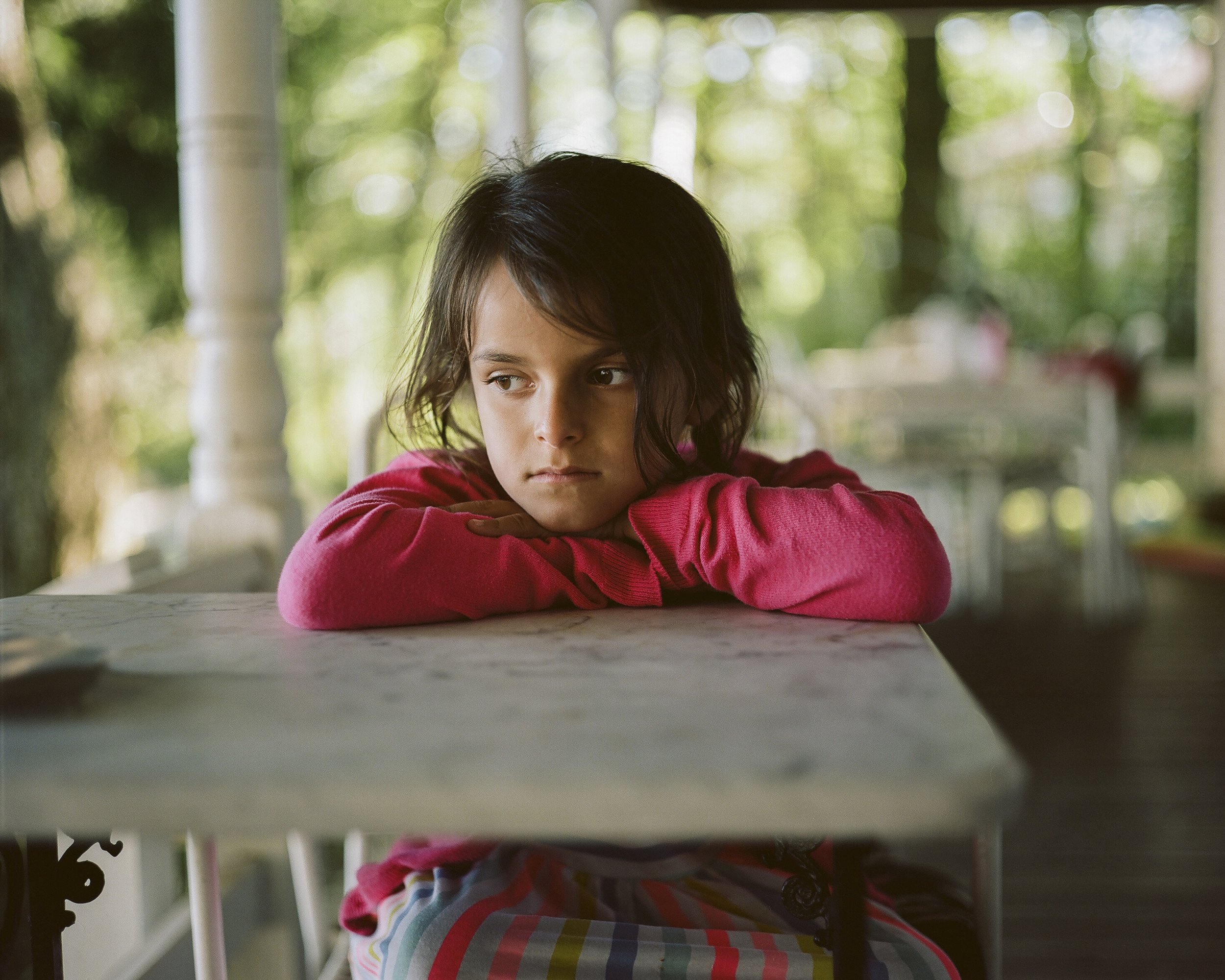IN THE SHADOW OF SUMMER
Shot at our family’s summer home in rural Pennsylvania, USA this photo story explores the theme of metamorphosis through the experience of loss. These images document the last summer spent with my father as he navigated the recent news of being diagnosed with Motor Neurone Disease, his body rapidly changing and deteriorating against his will.
A deep fear of loss drove me to capture him before the unthinkable was to happen. What should have been just another blissful summer holiday at our family lake house was instead a time overshadowed by the unknown, all of us engulfed in uncertainty. Amid a backdrop of endless summer days, the photographs portray the intrusive metamorphosis of my fathers body and our inner worlds. It is a reflection on familial loss, captured in a place imbued with memory and meaning, portraying a multigenerational experience of both anticipatory and retrospective grief.
The photographs were made during the last summer I had with my father before he died of Motor Neurone Disease (MND) in 2017. At the time, his prognosis remained uncertain, as little was known about MND’s causes and treatment. I was not consciously aware of any need to document the end of his life; in my mind, it was something he could fight, and I believed I had years with him still ahead. Less than a year later, he passed. These images now serve as a cherished archive of a moment in time, and reflecting a preemptive grief only hindsight could uncover.
Each photograph carries a profound mourning in the place where my happiest childhood memories were formed. This is the place where I came of age and where my father died. The images hold a tension between joy and grief, each vying for dominance but somehow coexisting in a delicate balance. They bring my father, my grandfather, and my childhood back to me with an unmistakable foreboding. These photos document not just another "summer at the lake", but a loss that I had not yet fully understood. The creative process capturing a grief I had not yet integrated, a visual testament to a loss more wholly understood in retrospect.











